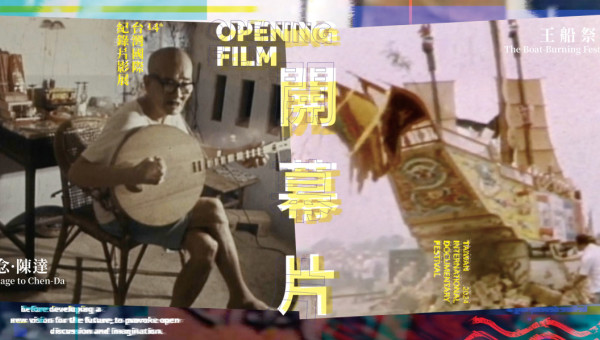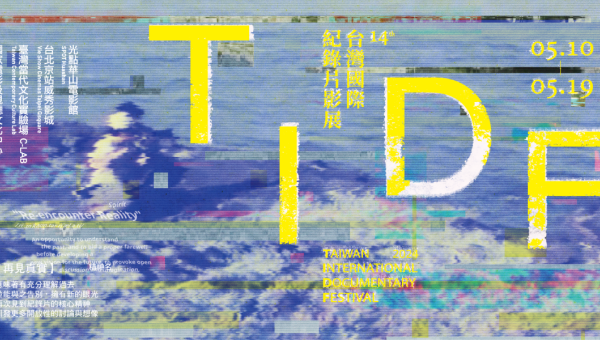Two Important Slovak Directors Peter Kerekes and Viera Čákanyová Highlighted as TIDF Filmmakers in Focus
The Taiwan International Documentary Festival (TIDF), scheduled for May 10–19, 2024, proudly introduces two exceptional Slovak directors, Peter Kerekes and Viera Čákanyová, as the spotlight filmmakers for this year's event.
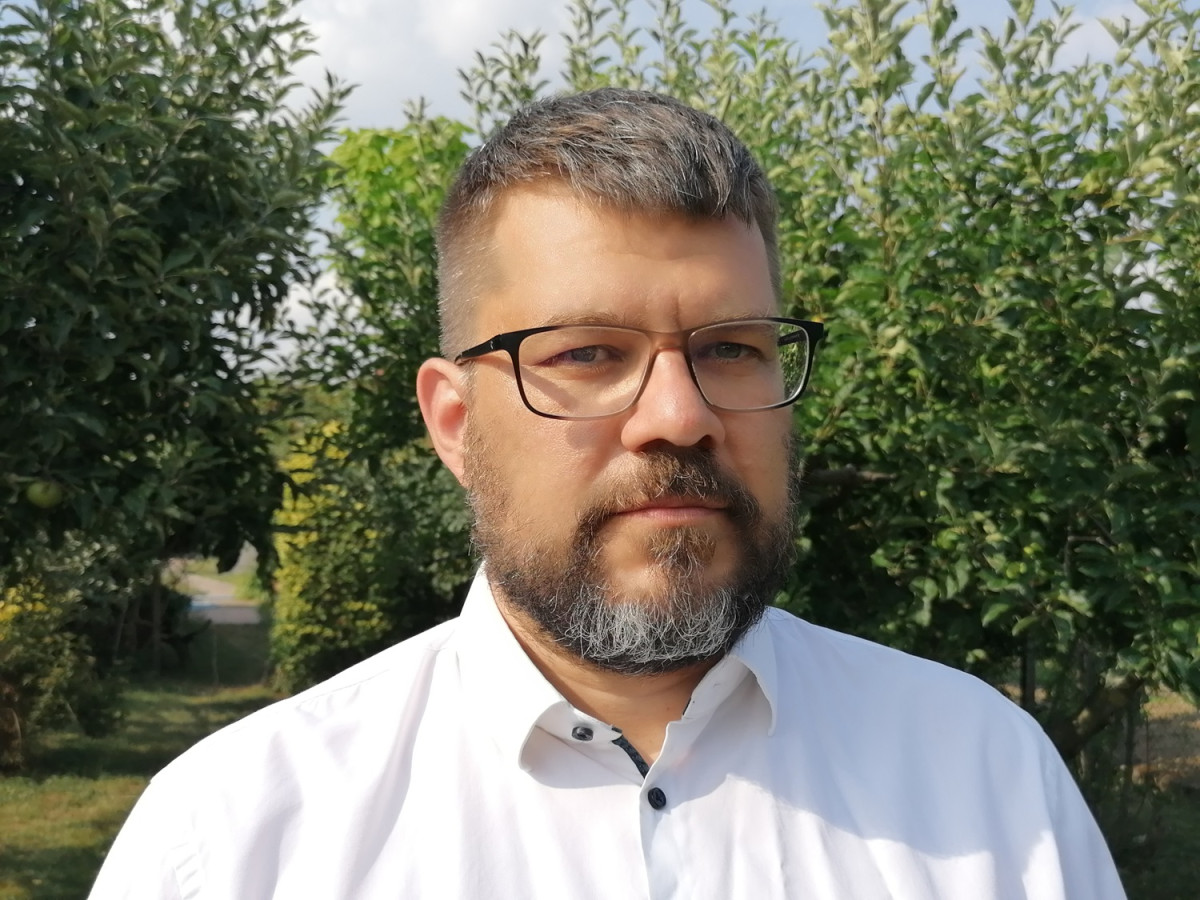
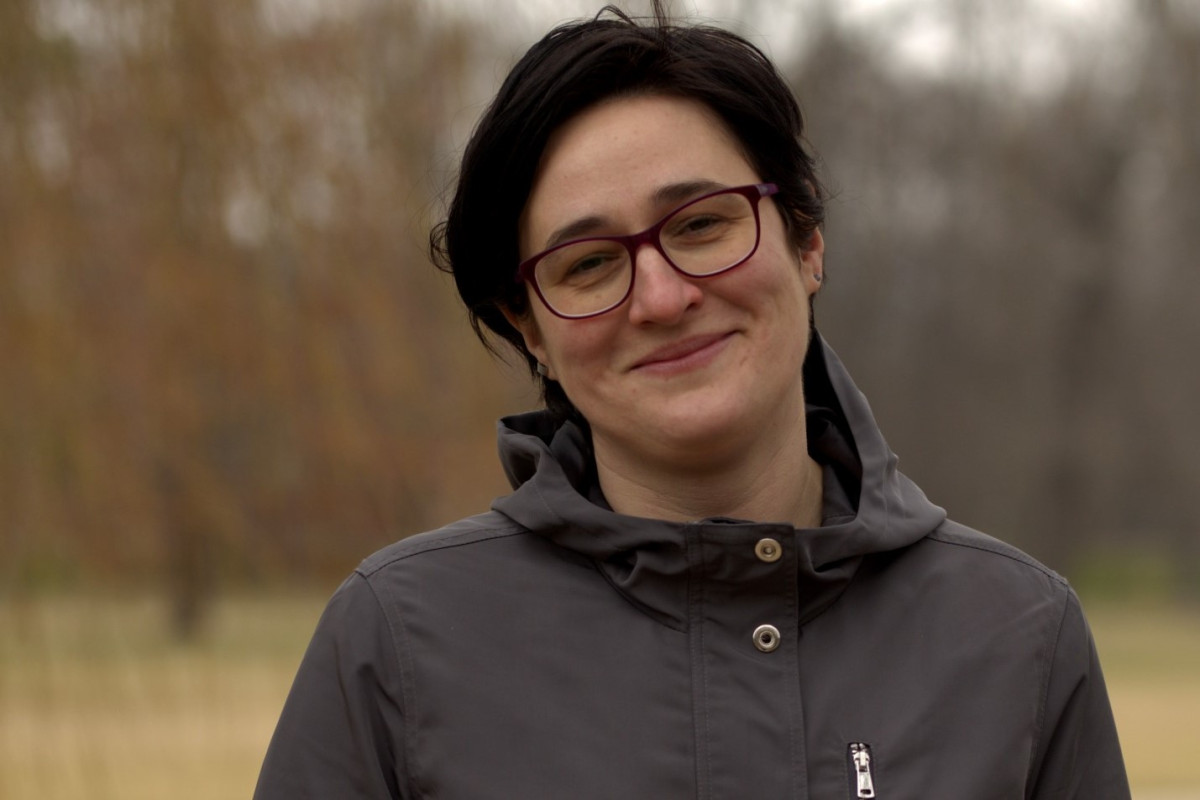
Peter KEREKES, Viera ČÁKANYOVÁ
The program, titled "Filmmakers in Focus | Double Angles from Slovakia: Peter Kerekes & Viera Čákanyová," will showcase a curated selection of 13 classic works by Kerekes and Čákanyová. Both directors have been invited to TIDF, providing Taiwanese audiences with a unique opportunity for face-to-face discussions about their creative endeavors.
Slovakia, once part of Communist Czechoslovakia during the Cold war period, gained independence following the Velvet Revolution in 1989. In 1993, the country peacefully split into Slovakia and the Czech Republic. Both directors, having experienced these transformative events, offer profound reflections on their country's past and present. While Kerekes and Čákanyová are representative figures of Slovakian documentary cinema, they differ significantly in style and cinematic language.
Re-enacting Memories: Peter Kerekes’ Humorous Approach to History
Born in 1973, Kerekes is primarily recognized for his documentaries, yet he adopts a distinctive style by infusing a humorous perspective and blending reality with fiction. In his films, he guides participants in re-enacting memories or satirizing current events through their performances. For instance, in his debut feature film 66 Seasons (2003), he interviewed elderly individuals about their war memories at a historic pool in his hometown. He spontaneously recruited visitors of the pool as actors and invited them to engage in playful re-enactments, transforming the pool into a setting for cross-generational communication. Spanning over two decades, Kerekes' films have earned numerous awards at prominent international documentary film festivals. The TIDF selection includes three other feature-length films Cooking History (2009), Velvet Terrorists (2013), and 107 Mothers (2021).
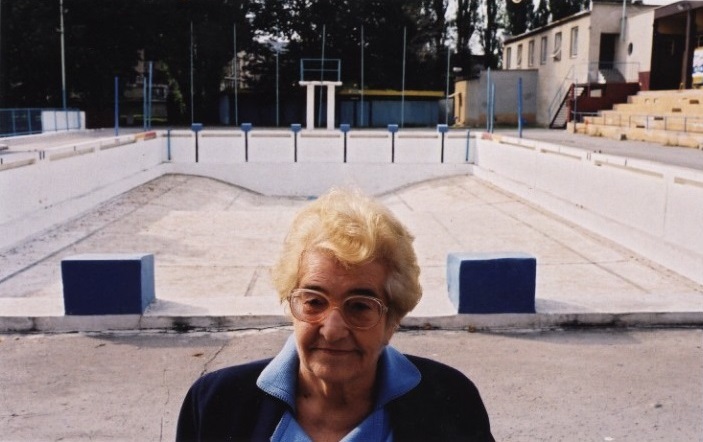
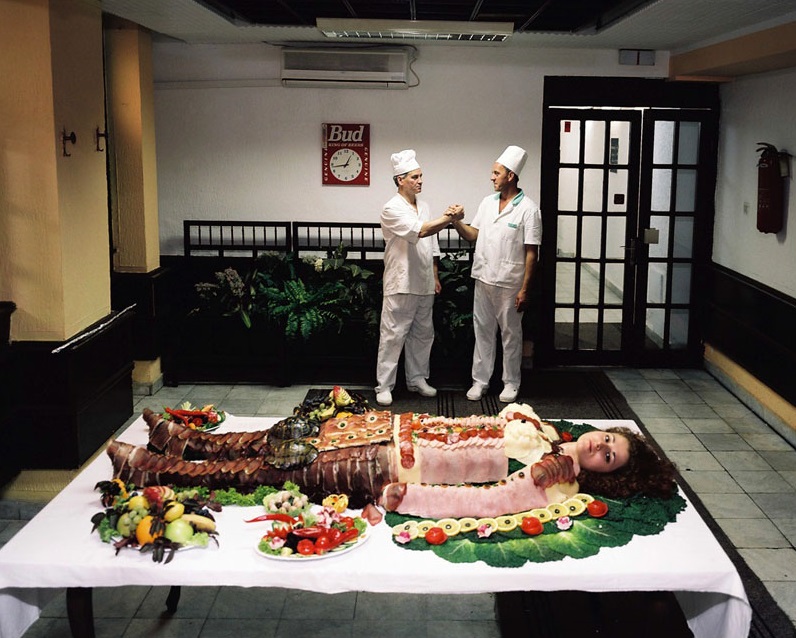
66 Seasons (2003), Cooking History (2009)
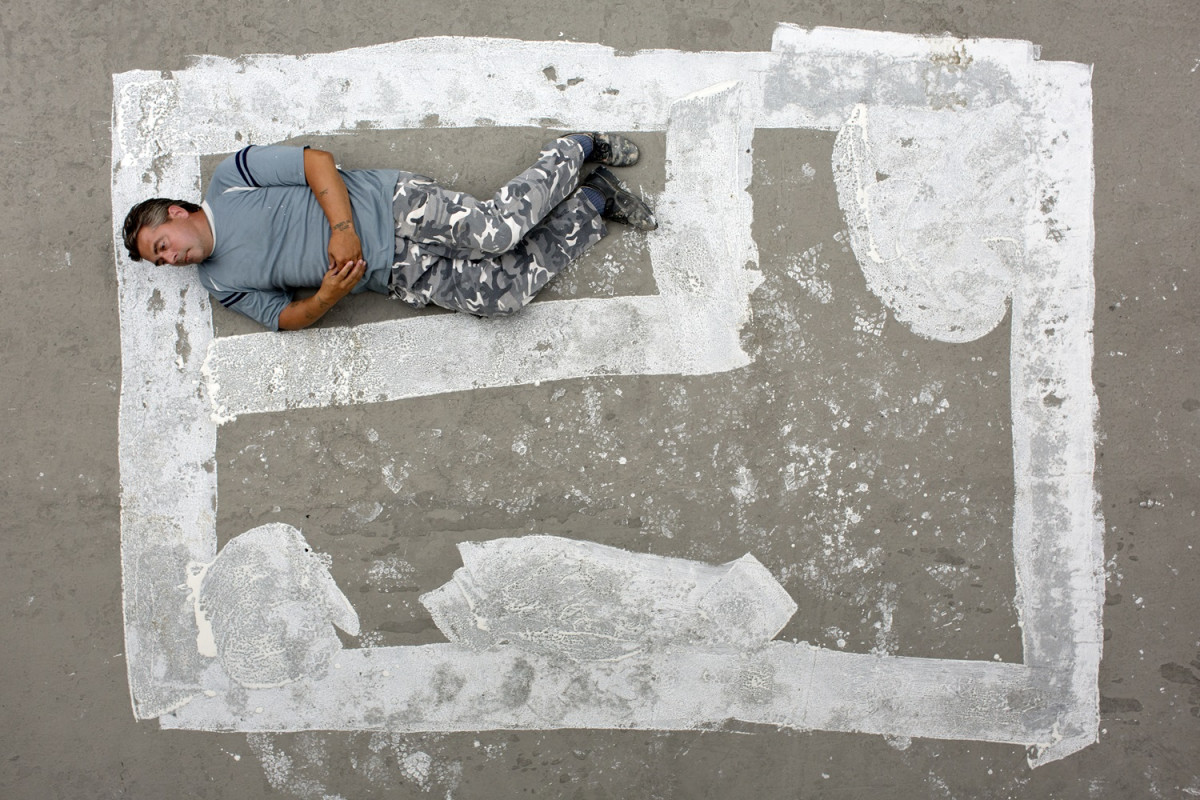
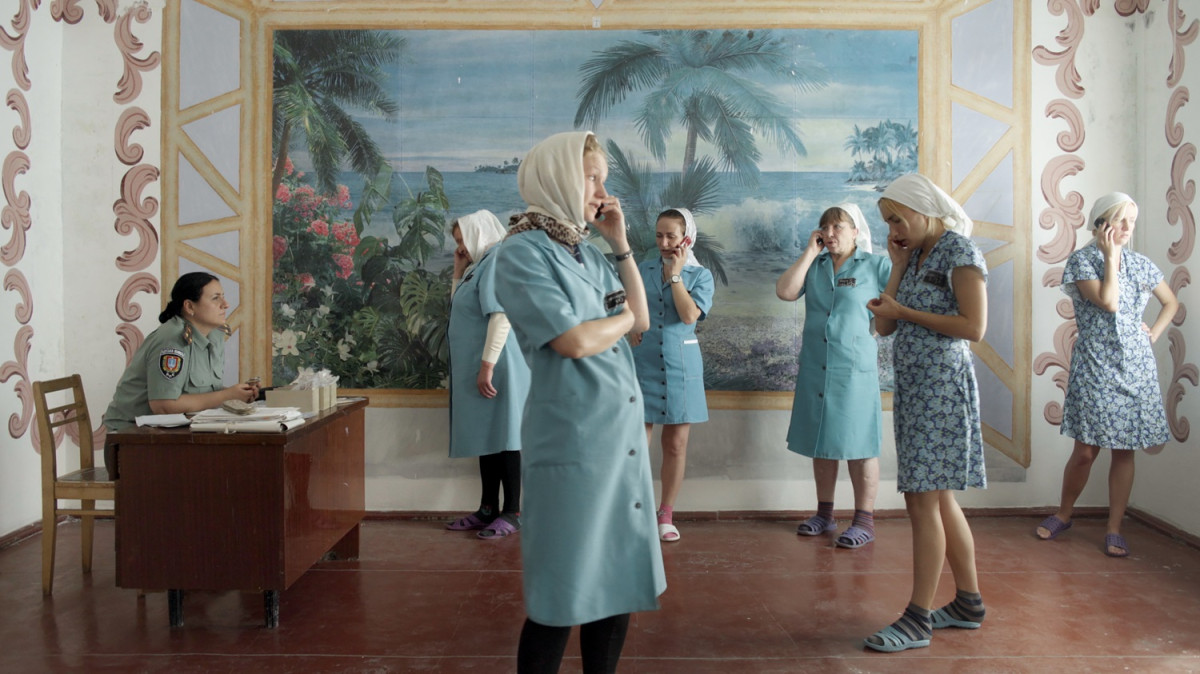
Velvet Terrorists (2013), 107 Mothers (2021)
TIDF also showcases one of Kerekes' short films, including Second Chance (2014), a personal choice of the director for the festival. This piece is part of the "Slovakia 2.0" series, where 10 directors were invited to create works for Slovakia's 20th independence anniversary. Frustrated by political corruption, Kerekes decided to inject humor into the situation by drafting a letter inviting Finland to invade the country, in the hope that someone else would teach Slovakia about democracy.
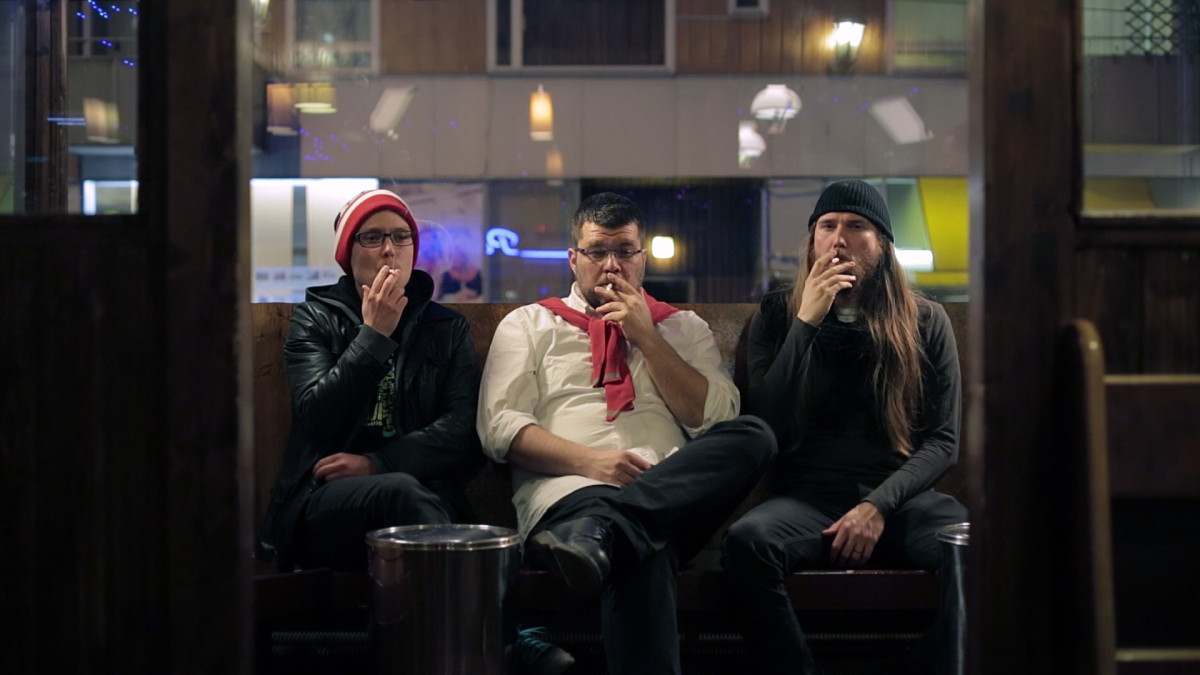
Second Chance (2014)
Exploring the Boundaries of Image and Memory: Viera Čákanyová's Reflections on Technological Civilization
Born in 1980, director Viera Čákanyová is renowned for her innovative cinematic language that integrates a variety of expressive techniques and seamlessly blends documentary and fiction. Her thematic focus centers on exploring how personal memory and visual media record, preserve, or alter the past. Alda (2009) and Olda (2010) draw inspiration from the diary and video footage of Alzheimer's patient Orla. Utilizing Orla's voice and her highly improvised digital camera footage that captured her daily life, Čákanyová crafted a raw and poignant diary film about aging, pain, and loneliness.
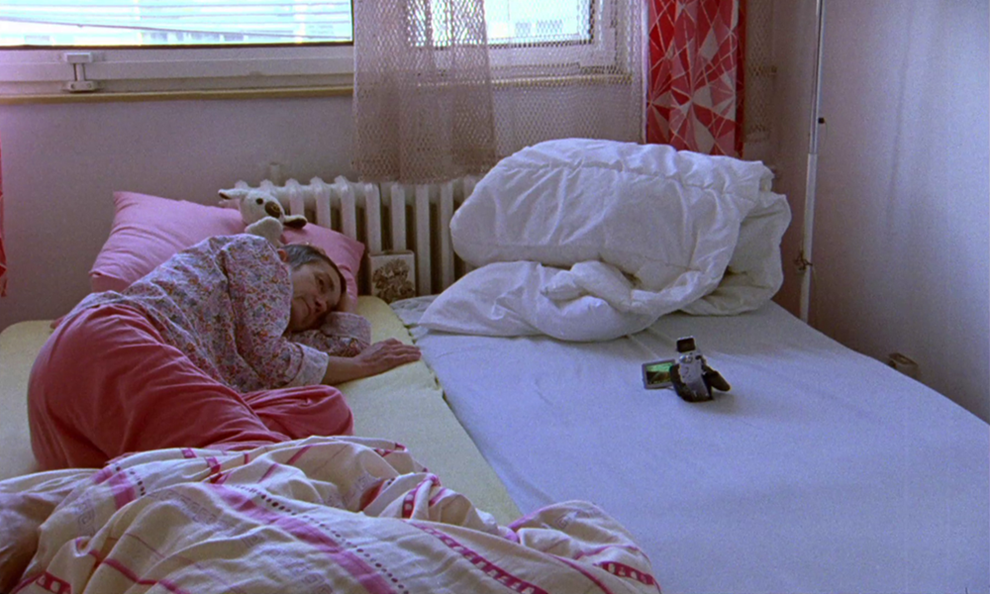
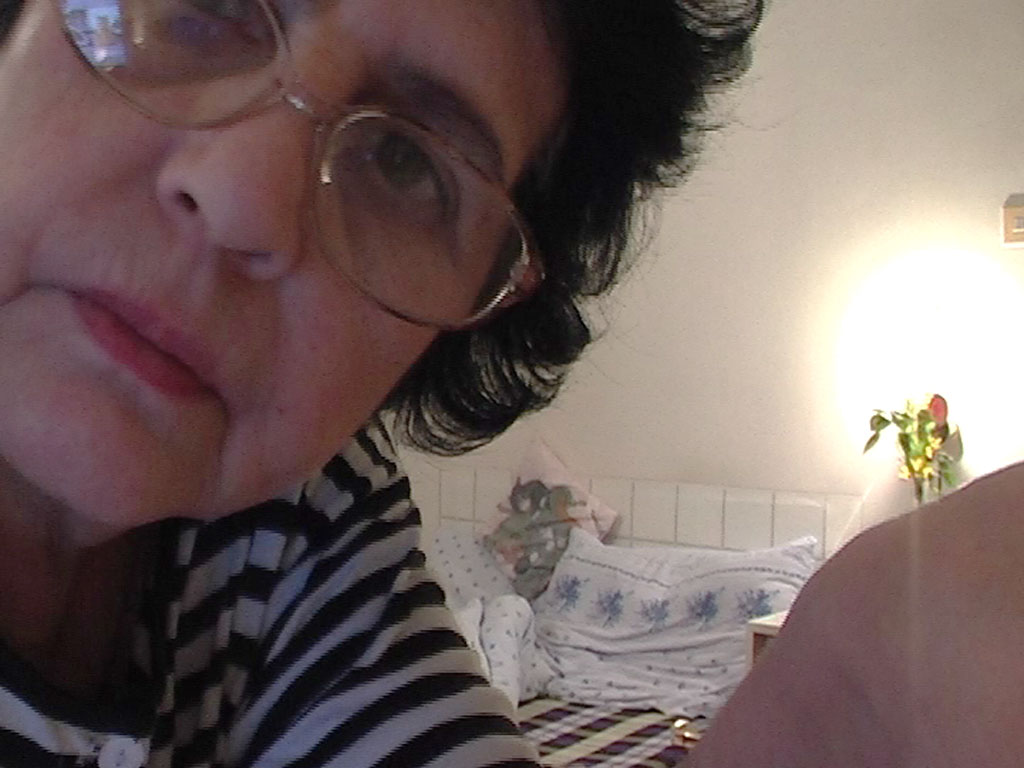
Alda (2009), Olda (2010)
The TIDF section also features three of her short films, each offering distinct perspectives on communist rule and contemporary society. In Under Underground (2006), her debut student film, she explores Cold War-era nuclear shelters repurposed as hiding spots for dissenters. The Flying Horse (2014) combines hand-drawn animation and rotoscoping with documentary theater, reinterpreting a Czech writer's life amid rapid social change. Rupicapra (2014), part of the "Slovakia 2.0" short film collection, warns of the unease and daily crises that pervade society from the point of view of an American expatriate in Slovakia.
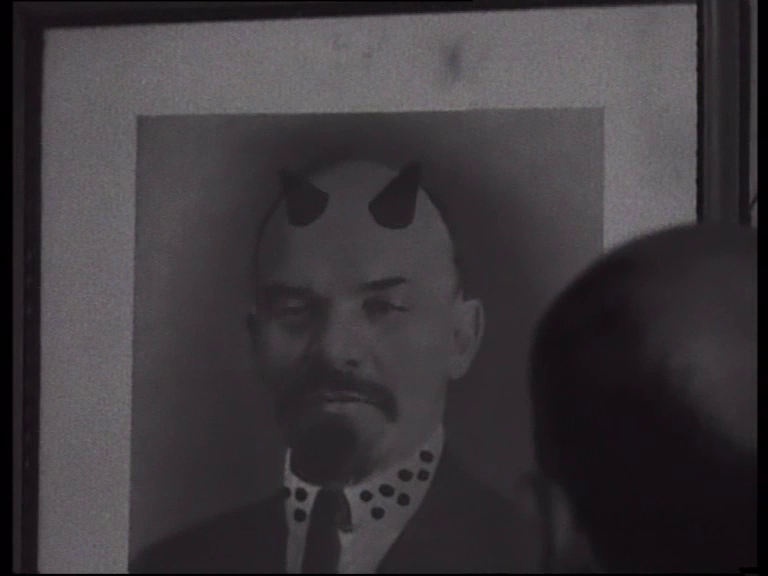
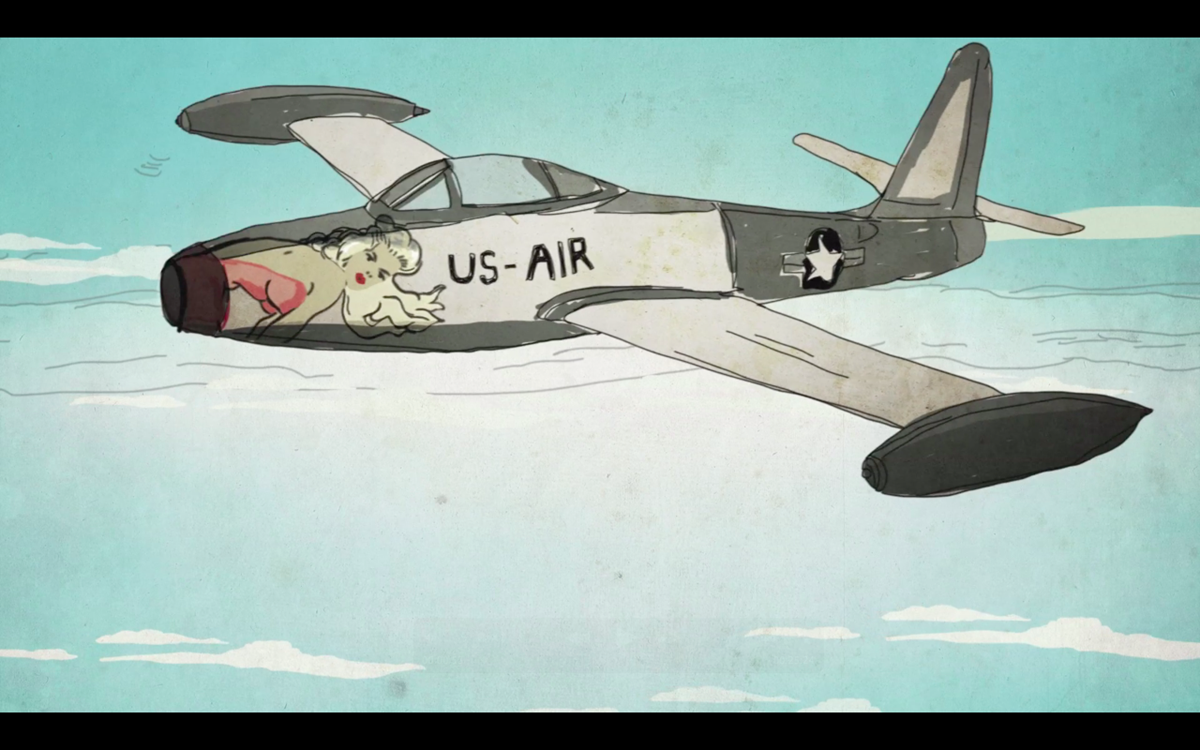
Under Underground (2006),The Flying Horse (2014)
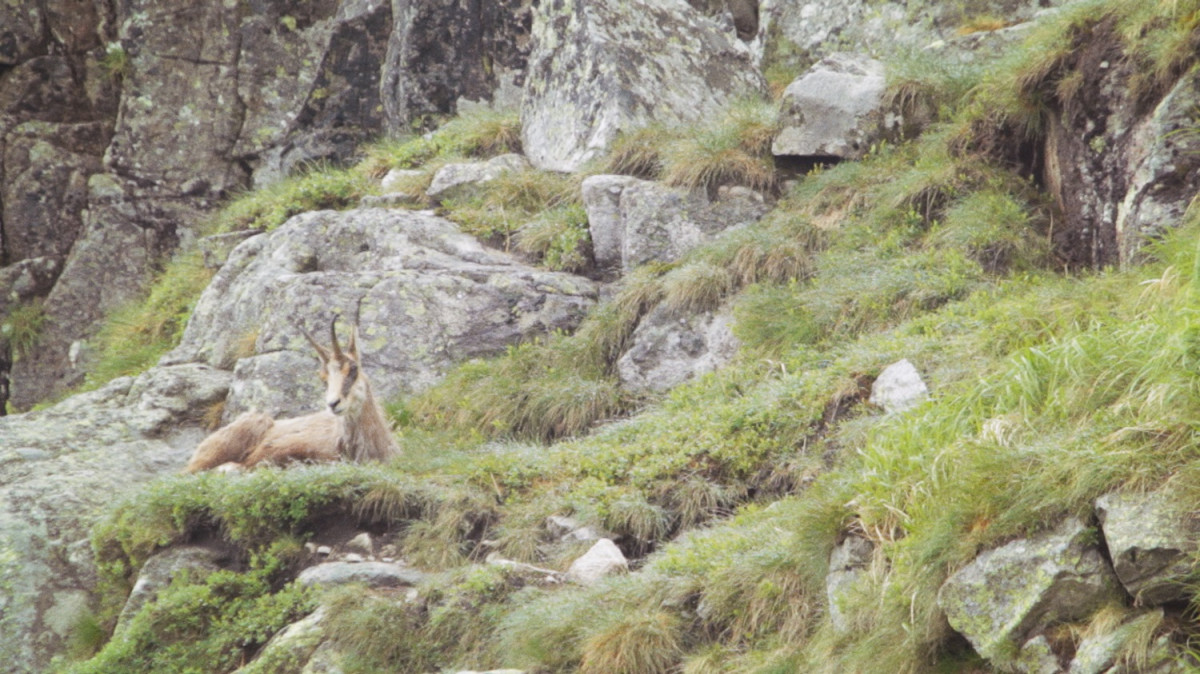
Rupicapra (2014)
In her more recent works, Čákanyová's focus has shifted towards issues such as global technological civilization, artificial intelligence, climate crisis, or biopolitics, and her approach has become increasingly experimental. The TIDF will show her "Posthuman Trilogy," which includes FREM (2019), White on White (2020), and Notes from Eremocene (2023), the latter screened in the 2023 Berlinale Forum. This playfully sci-fi essay features an immortal artificial intelligence salvaging the filmmaker's past visual messages. By mixing real quotes with fictional scenarios, employing digital effects and 3D scanning technology to analogize virtual perception, the film offers a critical reflection on contemporary populism and technological optimism.
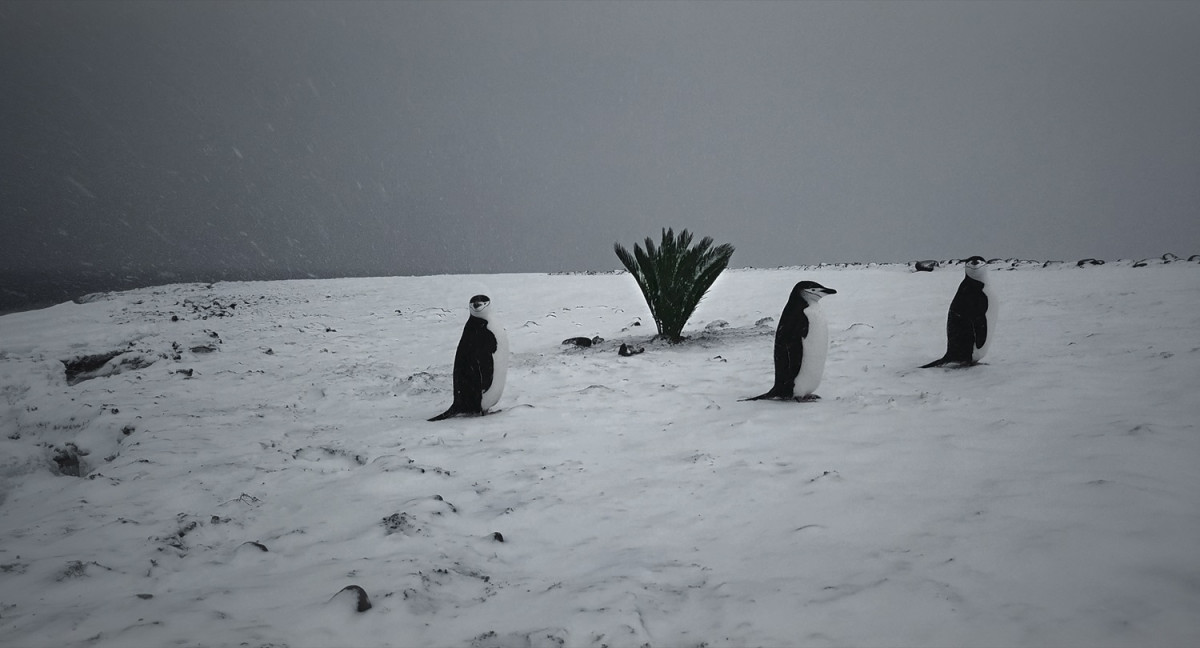
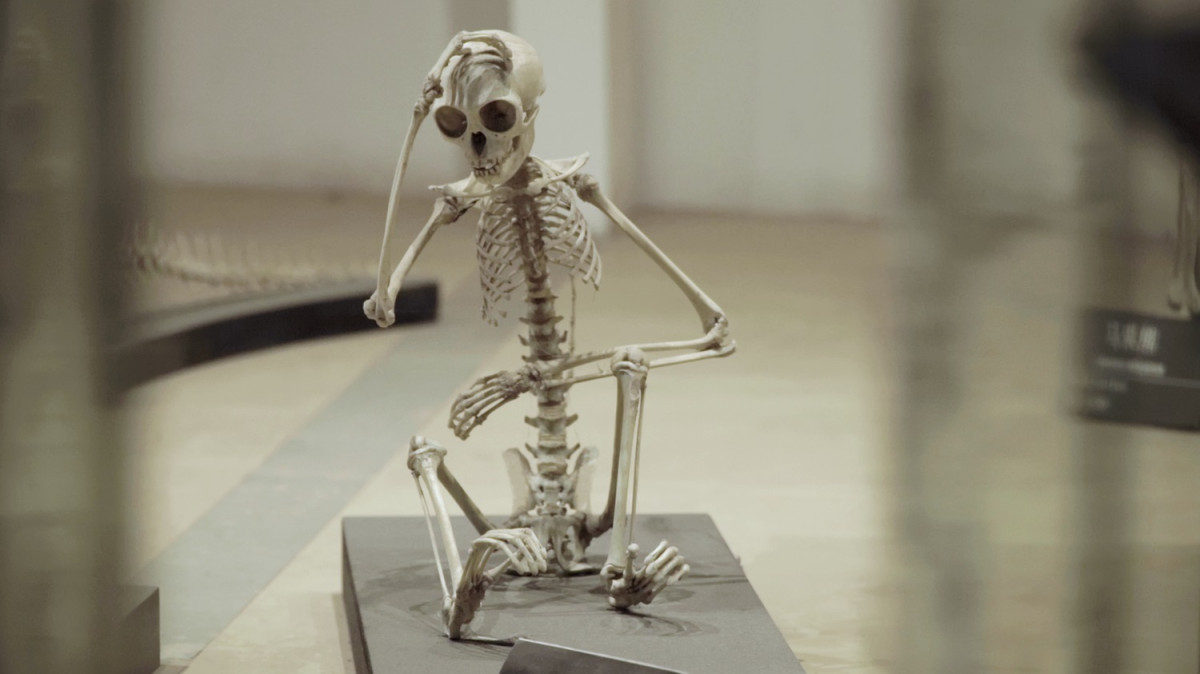
FREM (2019), White on White (2020)
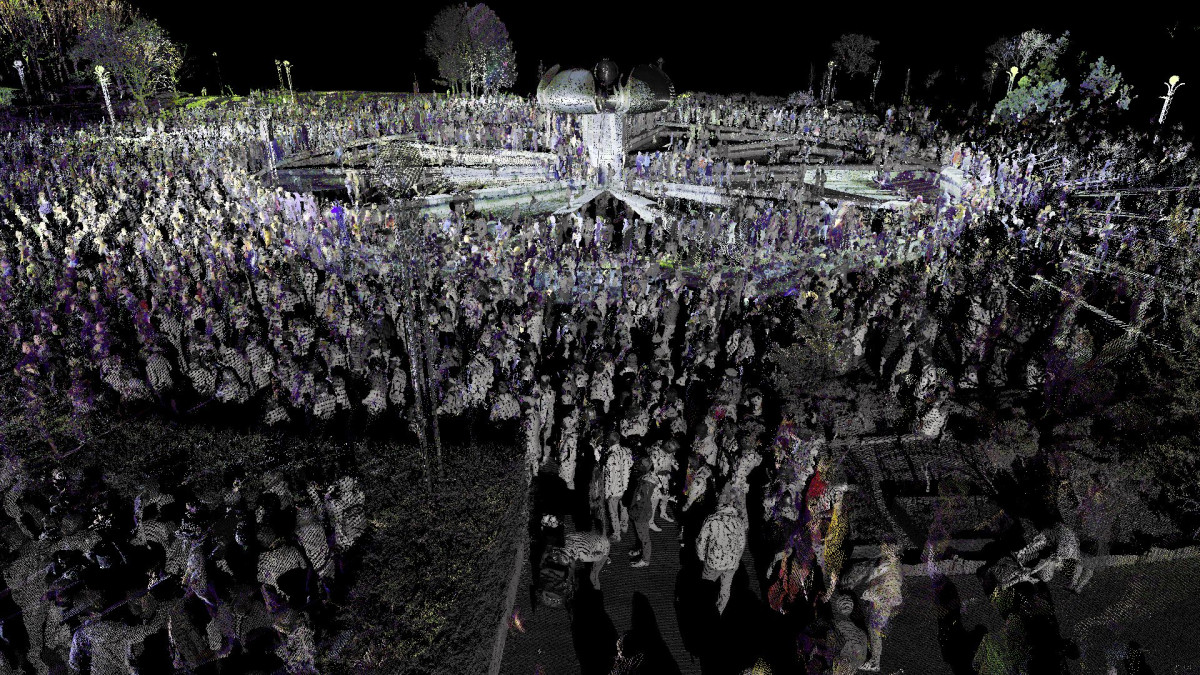
Notes from Eremocene (2023)
The 14th Taiwan International Documentary Festival (TIDF), organized by the Taiwan Film and Audiovisual Institute(TFAI), is set to take place from May 10th to May 19th at the Taiwan Film and Audiovisual Institute, SPOT Huashan, VieShow Cinemas Taipei Qsquare, and Taiwan Contemporary Culture Lab (C-LAB). The festival will bring together over 140 captivating documentaries from both domestic and international sources, welcoming nearly a hundred international filmmakers for the first time since the pandemic. Alongside film screenings and post-screening discussions, attendees can engage in lectures, performances, and extensive exhibitions, all geared towards expanding the audience's perception of documentaries through a rich and diverse array of content. Shortlists for the competitions were announced on February 19th, with more program details to be gradually revealed. Please stay tuned to the TIDF official website, Facebook, Twitter and Instagram for more information.

